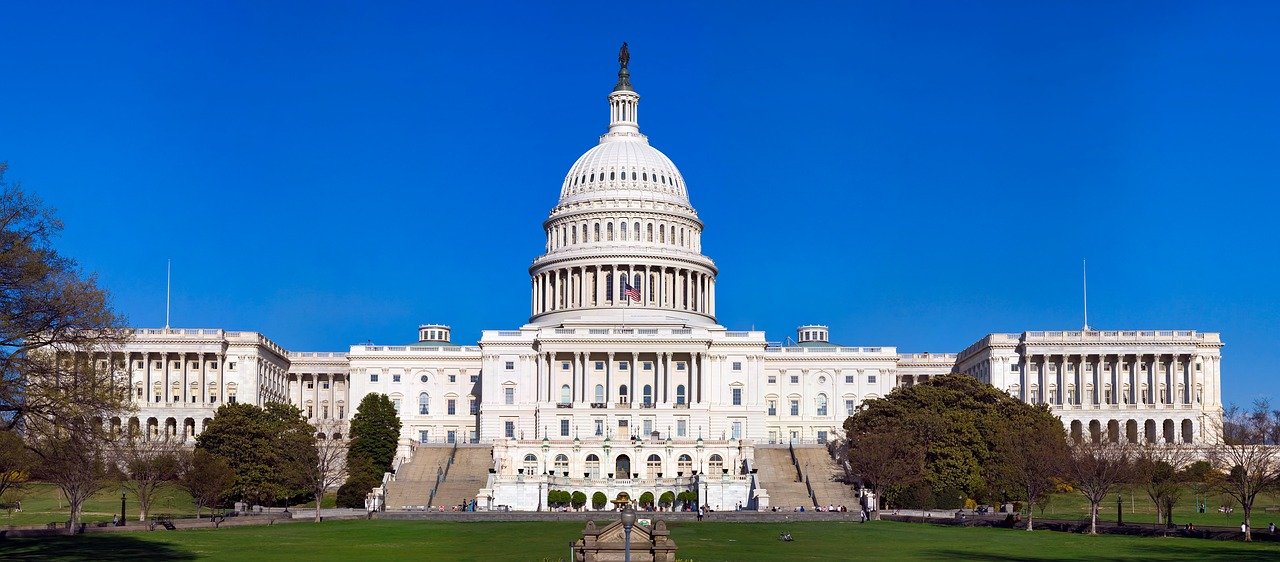Due to an unexpected change of heart by swing vote Senator Joe Manchin (D-WV), the prospects for passage of the Inflation Reduction Act are considered to be brighter today than they were just a short time ago. This new legislation is a scaled-down version of the Build Back Better plan that the Biden administration has advocated for the last year and a half. If Manchin helps push the bill through the Senate, the House could sign off on it in early August.
Among other aspects, the new law incentivizes climate control and domestic manufacturing efforts, extends health insurance subsidiaries under the Affordable Care Act (ACA), permits Medicare to negotiate drug prices and makes strides toward deficit reduction and curbing inflation.
It also includes significant tax changes, although a tougher international tax regime and a controversial “millionaire’s tax” are notably missing from the final version of the bill. Following is a brief roundup of several key tax provisions in the new law.
Corporate minimum tax: Currently, the corporate tax rate is a flat 21%, but dozens of corporate giants are able to effectively sidestep the tax. Beginning in 2023, the Act creates a 15% “alternative minimum tax” (AMT) for corporations with average annual adjusted financial statement income exceeding $1 billion for three consecutive tax years. Furthermore, a $100 million threshold would apply to certain foreign-backed corporations. The Act also contains rules for computing “financial statement income” for this purpose.
Carried interest rules: The Act closes a tax loophole that has been in Congress’ cross hairs for years. Under current “carried interest” rules, compensation paid to managers of certain investment entities is taxed at favorable long-term capital gain rates instead of high-taxed ordinary income rates, after a three-year holding period is met. Generally, these managers would have to meet a five-year holding period to qualify for long-term capital gain.
Energy credits: A wide range of energy credits for the business sector are expanded and/or extended. In addition, consumers are encouraged to “go green” by investing in renewable energy sources. Buyers of new electric vehicles (EVs) will be eligible for a $7,500 credit for EVs placed in service before 2033, while the manufacturer’s limit is eliminated for EVs sold after 2022. Also, a credit of up to $$4,000 will be available on purchases of previously-owned EVs. Finally, the residential energy property credit for homeowners is extended until it begins to phase out in 2033.
IRS enforcement and administration: The Act appropriates $3.18 billion for the IRS to provide taxpayer and other services. In an effort to close an estimated $441billion tax gap, it also appropriates $45.6 billion for necessary expenses for the IRS to:
- Determine and collect taxes;
- Provide legal and litigation support;
- Conduct criminal investigations (including investigative technology);
- Provide digital asset monitoring and compliance activities;
- Enforce criminal statutes related to violations of the Internal Revenue Code and other financial crimes;
- Purchase and hire passenger motor vehicles; and
- Provide other services.
Note: The Act backs up President’s Biden’s pledge that none of the IRS appropriations will result in tax increase to taxpayers with taxable income below $400,000.
Of course, there could be several twists and turns before this proposed legislation lands on the president’s desk, if ever. In particular, it’s not clear if Senator Kyrsten Sinema (D-AZ) will support its passage. We will continue to monitor developments.
Thanks for reading CPA Practice Advisor!
Subscribe Already registered? Log In
Need more information? Read the FAQs





